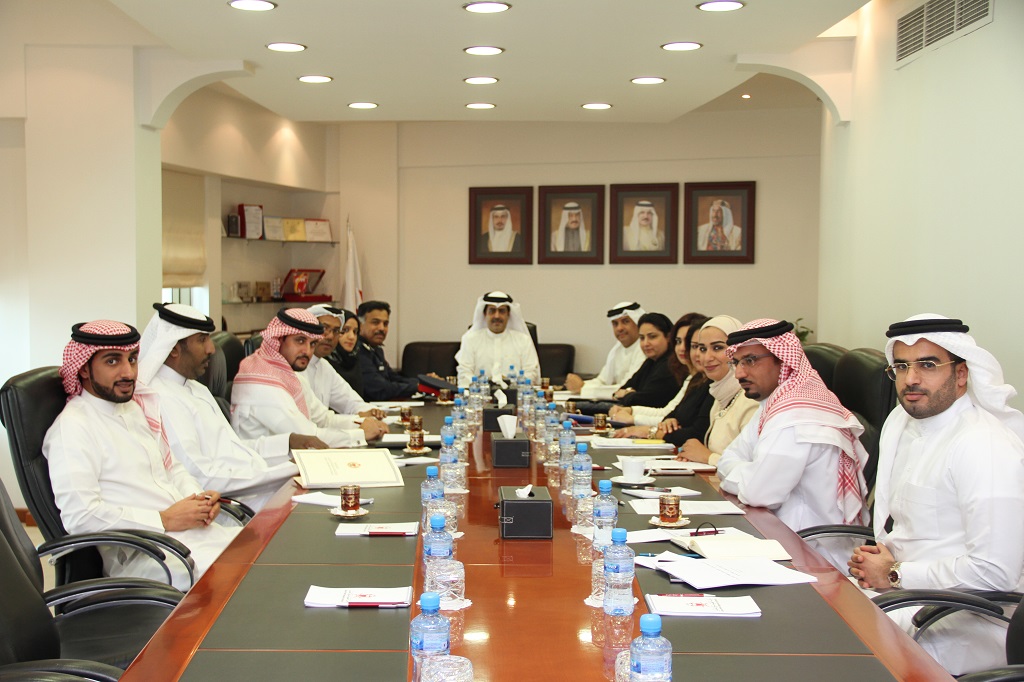 A NATIONAL hotline dedicated to helping human trafficking victims will soon be launched.It will also address different complaints submitted by Bahrain’s expatriate community, which makes up more than half of the population, such as physical abuse, withholding of passports, non-payment of wages and other labour violations.
A NATIONAL hotline dedicated to helping human trafficking victims will soon be launched.It will also address different complaints submitted by Bahrain’s expatriate community, which makes up more than half of the population, such as physical abuse, withholding of passports, non-payment of wages and other labour violations.
Details of the initiative were revealed yesterday during a meeting of the National Committee to Combat Human Trafficking, which was chaired by Labour Market Regulatory Authority (LMRA) chief executive Ausamah Al Absi.
‘Work on the completion of the hotline project is done and we are now looking for volunteers from different embassies to help us out,’ Mr Al Absi told the GDN.
‘The plan is to have a group of multilingual people helping callers of different nationalities.’
Mr Al Absi said the hotline will initially operate from 7am to 2pm, but is expected to work round-the-clock as soon as enough volunteers come forward.
He said that serious complaints will be referred to the Interior Ministry for action.
‘The hotline will be accessible during working hours, but we intend to make it round the clock,’ he added.
‘We want to create awareness among the expatriate community about the multilingual hotline including foreign embassies.
‘We do not have a serious issue of trafficking, but we are committed to have a set of mechanisms to deal with honorable members of the society.’
Yesterday’s meeting was attended by 10 committee members including vice-president Dr Shaikha Rana bint Isa Al Khalifa representing the Foreign Affairs Ministry.
Bahrain investigated 30 human trafficking cases between April 2012 and March 2013, according to a report released last year by the US State Department report on Trafficking in Persons.
The GDN had reported that Bahrain was placed on the Tier 2 watchlist for the third consecutive year, meaning the government ‘does not fully comply with the minimum standards for the elimination of trafficking; however, it is making significant efforts to do so.’
Countries which do not comply with the minimum standards are placed in Tier 3 and subjected to US sanctions in non-humanitarian and non-trade related fields.
